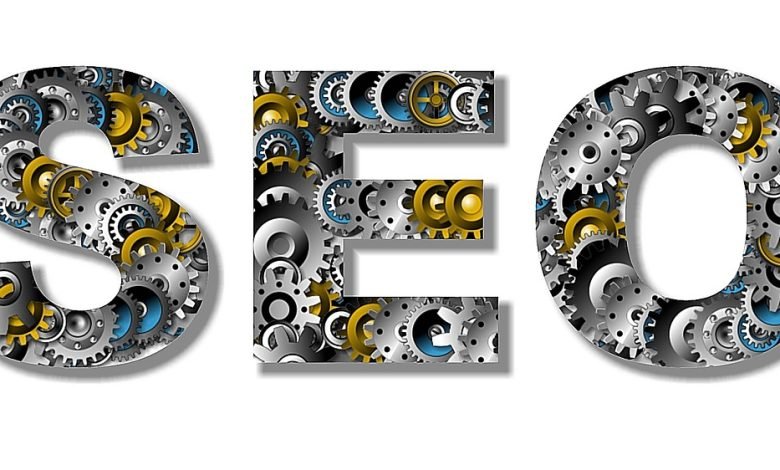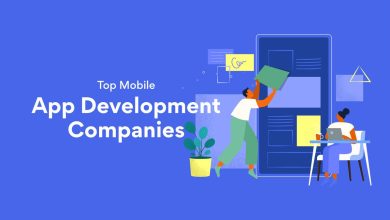Top 8 SEO Technical issues and ways to fix them

Let’s begin this article by first understanding- what technical SEO is.
Technical SEO is the process of ensuring that your website is technically sound from a search engine perspective. It’s about making sure that search engines can crawl and index your site, and that it’s built in a way that makes sense for users.
Technical SEO is one of the most important aspects of SEO because it can have a direct impact on your website’s rankings. If your site isn’t properly coded or structured, you might face issues with duplicate content, missing meta data, broken links, slow load times and more. These problems can cause Google to demote your site in the SERPs and make it harder for people to find your content.
Why does technical SEO matter?
Technical SEO refers to the various elements that make up your website’s infrastructure. These include things like page load times, mobile friendliness and site speed.
The reason technical SEO is so important is because it’s the part of SEO that Google actually cares about most.
Search engines have always had a love-hate relationship with sites that have poor user experience (UX). It’s not that they don’t want people to visit these sites — it’s just that they don’t want them to stay there for too long!
Because of this, Google has spent years trying to find ways to ensure that poor-performing websites get penalised by search engines while high-performing ones get rewarded with better rankings and more traffic.
Common SEO Mistakes
In this article, we will look at some of the top SEO issues and how to fix them. Let’s also discuss some common mistakes made by website owners in their attempts to improve their rankings.
-
Keywords
Keywords are an essential part of any website. They allow users to find what they’re looking for and help search engines categorise your content into relevant categories and topics. However, not all keywords are created equal, so it’s important to know which ones to choose when making your site.
-
Keyword Density & Positioning
The keyword density is an important factor in SEO as it can affect how often a keyword appears on a page and where it appears in relation to other words or phrases. The ideal keyword density is between 2% and 3%; going above this range will start affecting your page’s readability and user experience (UX). Once you have determined what keywords you want to include in your copywriting strategy, make sure they appear in the first paragraph (or the first 160 characters) so that search engines can index them quickly without having to go through entire pages of text.
-
Duplicate content
If two pages have the same content on them — even if they are different URLs — then Google will penalise those pages for duplicate content. There’s no way around this issue; you just need to avoid having duplicate content on your site. You can use tools like Copyscape or Duplicate Content Checker to see if there are any files or pages that have duplicate information on them.
-
Overlinking
This issue occurs when you have multiple links to the same page on your site. You can violate this rule in two ways:
- Having multiple links to the same page on different pages of your site (for example, having a link to “contact us” on every page). This would be fine if every one of those pages were accessible by search engines (and therefore considered “important” enough that they should be linked to frequently), but they probably aren’t.
- Having too many internal links pointing at a single page from other pages within your site (for example, having more than one link to “blog” from other pages within the blog). In this case, the search engines will interpret your linking strategy as spammy because it might look like you’re trying to manipulate them into ranking certain pages higher than others.
-
On-Page Optimisation
On-page optimisation refers to how well a website uses words, meta tags, images, and other factors to increase its ranking in search engines.
-
Off-Page Optimisation
Off-page optimisation refers to factors outside of your control that help raise your rank on search engines like Google or Bing. These include link building (building links from other websites), social media marketing, and more.
-
Your site isn’t mobile-friendly
It’s an important ranking factor for Google (and other search engines). If your site isn’t mobile-friendly, then Google may not rank it as highly in its SERPs as it could otherwise be ranked if it were mobile-friendly. The easiest way to check whether or not your site is mobile-friendly is by using Google’s Mobile-Friendly Test tool.
-
Broken links
This is a common reason why people bounce off of websites. If someone clicks on a link and the page doesn’t load or if they click on a broken link that doesn’t direct them where they expected to go, they’ll leave your site immediately — never to return again. To avoid this problem:
- Check all internal links on your website regularly for broken links (use Google Webmaster Tools).
- Use 301 redirects when moving pages around or making major changes to existing content.
How to fix SEO issues for your website?
If you’re looking for a quick way to improve your search rankings, you may be tempted to try some quick fixes. But in many cases, these tactics can actually end up hurting your SEO. Here are some common “quick fixes” that you should avoid:
-
SEO Consultants
Many businesses hire outside consultants to help them boost their search rankings. However, these consultants often recommend unproven strategies or outdated tricks that were effective years ago but have since been blacklisted by Google. If you’re thinking about hiring an SEO consultant, make sure they follow best practices and aren’t using outdated tactics like keyword stuffing and link building schemes.
-
Content Creation Services
There are a number of services that offer to create content on your behalf — including articles, blog posts and social media updates — but they often use low-quality sources and keyword stuffing to produce content quickly. Not only will this hurt your ranking in the long run (because Google penalises sites for poor quality), but it could also cause issues with duplicate content issues (which can also affect rankings).
How will an agency help you with your SEO needs?
SEO is a long-term strategy. It takes time to see results, and because it’s a process, you want to be sure you’re working with someone who understands the ins and outs of how it works.
A professional SEO agency will make sure that your website is set up properly so that search engines can easily crawl through it and find all the information they need. They’ll also make sure that your website is optimised for mobile platforms, which is becoming increasingly important as more people use their phones to find businesses online.
An agency will also manage backlinks, which are links from other websites to yours. These are important because they help your site rank higher in search results. It’s like having someone put up signs pointing to your business — the more signs there are, the easier it is for people to find you!
Finally, an agency will monitor your rankings over time so that if any problems arise (such as competitors getting backlinks), they can take steps immediately to address them. This ensures that nothing negatively impacts your ranking.
Conclusion
After extensive research and analysis, we conclude that the top challenge for small businesses is making sure their business listing information across search engines consistently matches what their customers see on their website. We also found that overall, most small businesses aren’t well-versed in Search Engine Optimisation (SEO) and therefore aren’t optimising their websites with proven methods.
For more details on local SEO services in Melbourne, contact your nearest professionals.




